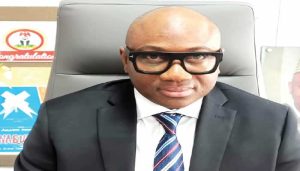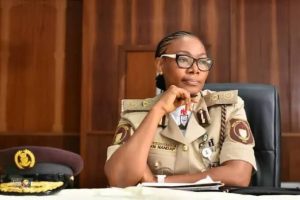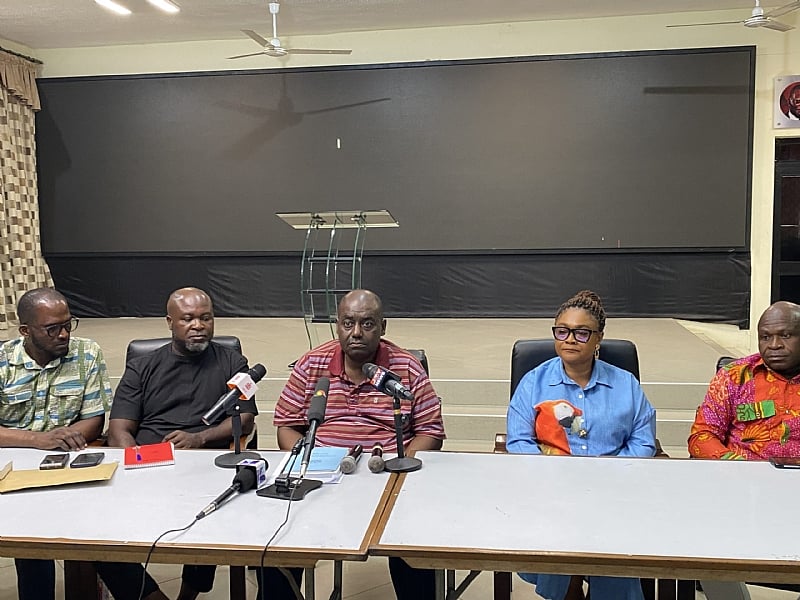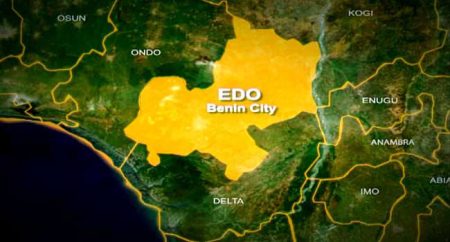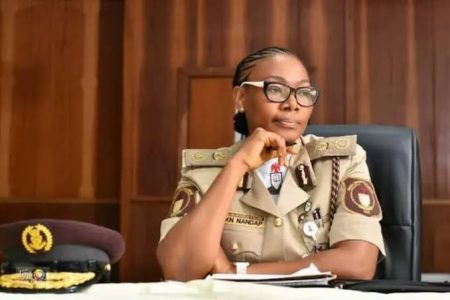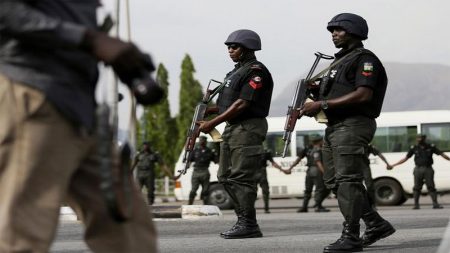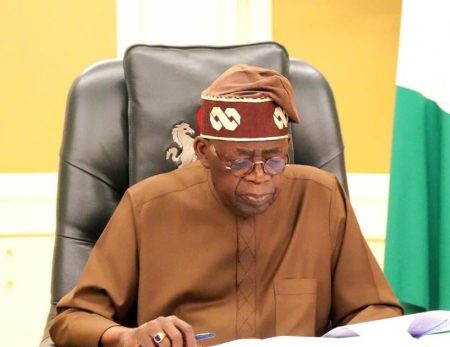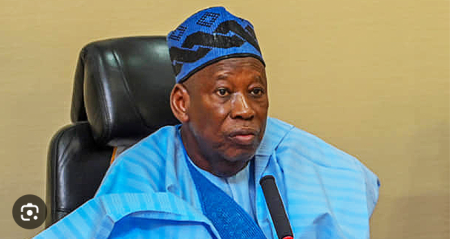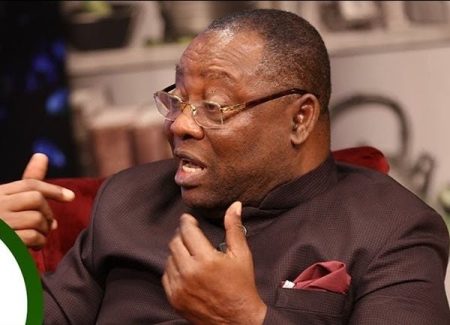The Civil and Local Government Staff Association, Ghana (CLOGSAG), remains resolute in its nationwide strike, rejecting appeals from the government to return to work. The core issue fueling the strike is the appointment of Mr. Samuel Adom Botchway as Registrar of the Births and Deaths Registry, a position CLOGSAG contends should be free from political influence. Following a National Executive Council (NEC) meeting on Saturday, February 22nd, 2025, CLOGSAG’s Executive Secretary, Mr. Isaac Bampoe Addo, announced the continuation of the strike, citing the lack of a concrete plan from the government to address their concerns. The meeting, convened in response to a plea from the Minister of Labour, Jobs and Employment, Mr. Abdul-Rashid H. Pelpuo, to end the strike, concluded that the Minister’s request lacked a clear roadmap for resolution. CLOGSAG insists that politically exposed individuals should not hold positions within the Civil Service and Local Government Service, and until such appointments are terminated, their strike will persist. This stance reflects their commitment to upholding the neutrality and integrity of these crucial public service institutions.
CLOGSAG’s unwavering stance on political neutrality within the civil service underscores their concern about potential bias and undue influence in administrative processes. They argue that appointing politically affiliated individuals to sensitive positions like the Registrar of Births and Deaths could compromise the impartiality and objectivity of these institutions, potentially leading to unfair practices and eroding public trust. The association’s insistence on a clear roadmap from the government demonstrates their desire for a concrete and transparent plan to address their grievances, not just mere assurances. They are seeking a commitment to systemic change that ensures the neutrality of the civil service and prevents future politically motivated appointments. The strike’s continuation, despite appeals from government officials, highlights CLOGSAG’s determination to achieve their objective of a depoliticized civil service, even at the cost of disrupting administrative services nationwide.
The strike, however, is not without internal dissent. The Local Governance Service Workers’ Union (LGSWU), a faction within CLOGSAG, has opted out of the industrial action, creating a division within the association. The LGSWU, citing ongoing legal proceedings related to the matter, has instructed its members to continue their work as usual. This split within CLOGSAG potentially weakens the impact of the strike and introduces a layer of complexity to the already tense situation. The LGSWU’s decision to abstain from the strike could be interpreted as a tactical move to protect its members’ interests while the legal process unfolds. It also suggests that there might be differing opinions within CLOGSAG regarding the best approach to address their concerns about political appointments.
The government, meanwhile, continues to appeal for a resolution to the impasse. Mr. Felix Kwakye Ofosu, the Minister of State in charge of Government Communications, has publicly urged CLOGSAG to reconsider its strike action and return to the negotiating table. He reiterated the government’s belief in the propriety of Mr. Adom Botchway’s appointment, further emphasizing the government’s willingness to engage in dialogue. This appeal signals the government’s recognition of the disruption the strike is causing to administrative services and its desire to find a solution that addresses CLOGSAG’s concerns without further jeopardizing public services. The government’s continued insistence on the validity of the appointment, however, suggests that reaching a compromise might prove challenging.
The ongoing strike by CLOGSAG has brought into sharp focus the tension between the government’s prerogative to make appointments and the concerns about potential politicization of the civil service. CLOGSAG’s unwavering stance, despite the government’s appeals and internal divisions within the association, underscores the depth of their commitment to maintaining the neutrality of the civil service. The LGSWU’s decision to abstain from the strike, while creating internal divisions, could also be seen as a strategic move to pursue legal avenues for addressing their concerns. The government’s willingness to engage in dialogue, while maintaining its position on the contested appointment, indicates a desire to resolve the impasse, albeit within certain parameters.
The resolution of this strike hinges on the ability of both parties to find common ground. CLOGSAG has made it clear that they seek a concrete plan to address their concerns about political appointments, not just mere assurances. The government, while defending its appointment decision, needs to demonstrate a willingness to address the broader issue of political neutrality within the civil service. Finding a solution that respects both the government’s authority and CLOGSAG’s concerns is crucial to restoring normalcy to administrative services and upholding public trust in the impartiality of public institutions. The ongoing dialogue, despite the current impasse, offers a glimmer of hope for a resolution that safeguards the integrity of the civil service while also allowing for the smooth functioning of government operations.



